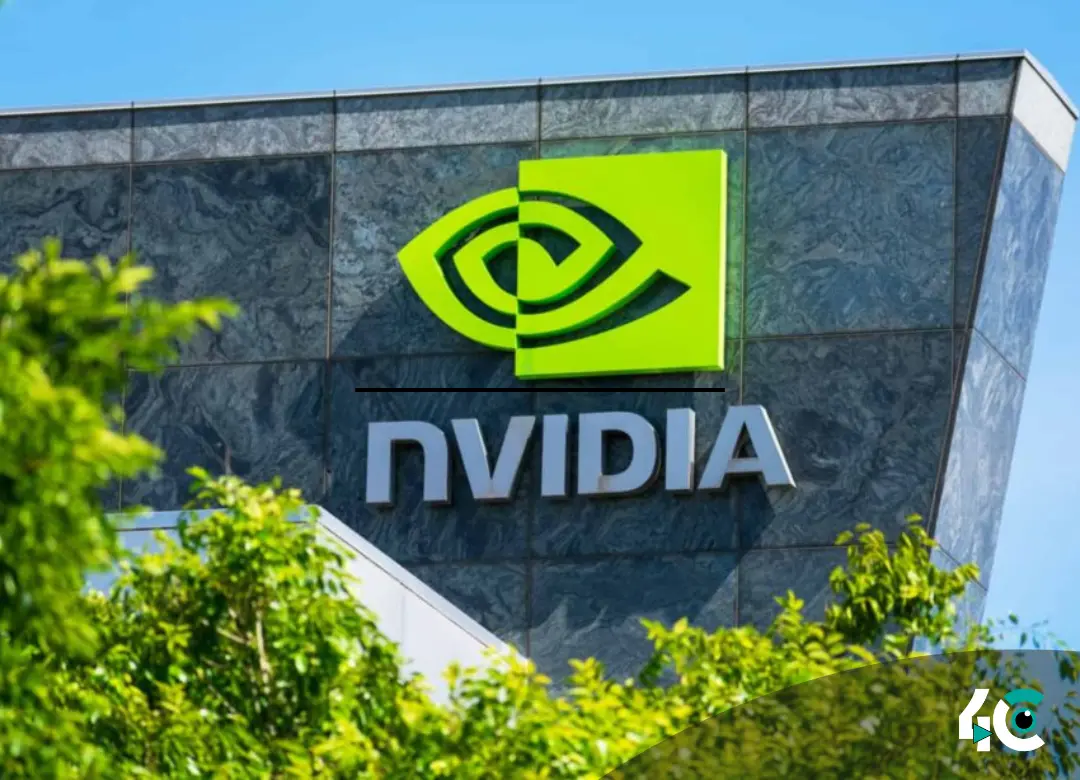The U.S. Supreme Court is poised to deliver a ruling that could have far-reaching consequences for the cryptocurrency industry. The case at hand concerns chipmaker Nvidia, which is accused of misleading investors by downplaying the extent of its GPU sales to cryptocurrency miners. An appellate court revived this legal battle last August, attracting significant attention from industry stakeholders.
The Digital Chamber (TDC), a prominent crypto advocacy group, has filed an amicus brief supporting Nvidia’s bid to overturn the appellate court’s decision. TDC contends that the lawsuit lacks solid foundations, relying on speculative expert opinions instead of tangible evidence. The group warns that if the Supreme Court allows the case to proceed, it could open the door to a surge of baseless securities lawsuits targeting companies in the rapidly evolving cryptocurrency sector.
The lawsuit, originally filed in 2018, alleges that Nvidia deliberately misled its investors by minimizing its GPU sales to the crypto mining industry. According to the plaintiffs, Nvidia’s CEO, Jensen Huang, publicly downplayed the company’s reliance on this market segment, leading to a significant drop in the company’s stock price when the truth came to light. TDC’s brief emphasizes that the case against Nvidia does not meet the rigorous standards set by the Private Securities Litigation Reform Act of 1995 (PSLRA).
The PSLRA requires that any securities lawsuit clearly identify each misleading statement, explain why it is misleading, and provide specific facts to support these claims. TDC contends that the plaintiffs have failed to meet these requirements, and allowing the lawsuit to proceed could set a dangerous precedent. Perianne Boring, the founder and CEO of TDC, expressed grave concerns over the potential consequences of this case. She believes that a ruling in favor of the plaintiffs could embolden more speculative lawsuits based on unfounded negative perceptions of the cryptocurrency industry. This, in turn, could stifle innovation by burdening companies with costly legal battles and deterring investment in emerging technologies.
The crypto industry is closely monitoring this case, as the Supreme Court’s decision could significantly influence the application of securities laws to high-growth sectors such as cryptocurrency. The outcome may shape the future legal landscape for emerging technologies, either providing them with the protections they need to flourish or exposing them to increased legal risks.
































